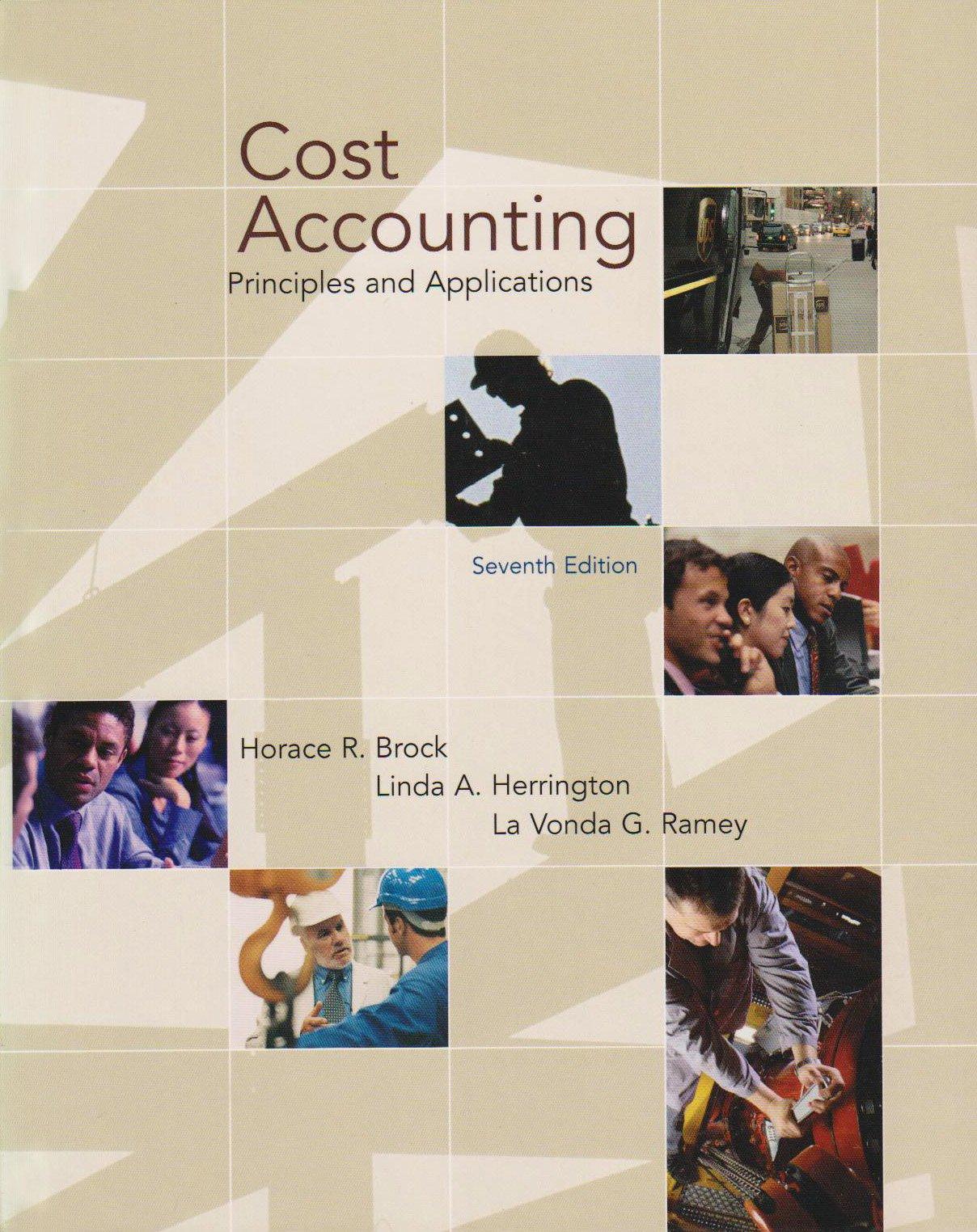Question
True or False 1. Preference shares of stock may be issued with par or no-par value. 2. A corporation can be a general partner in
True or False 1. Preference shares of stock may be issued with par or no-par value. 2. A corporation can be a general partner in a partnership. 3. The board of directors shall exercise the corporate powers of a corporation. 4. A public corporation is one formed for the government of a portion of the state. 5. All incorporators are subscribers but a subscriber need not be an incorporator. 6. A partnership can be a corporator in a corporation. 7. No-par value shares may not be issued without being fully paid. 8. A shareholder in a corporation does not have the right to transact corporate business or to intervene in the management of the business. 9. A corporation can come into existence by mere agreement of the parties as in the case of partnerships. 10. A corporation can be held liable for personal indebtedness of a shareholder. 11. Shareholders may be natural or juridical persons. 12. No-par value shares have a minimum stated value of P5.00 per share. 13. Each of the incorporators of a stock corporation must own or be a subscriber to at least two (2) shares of the share capital of the corporation. 14. The board of directors is responsible for the formulation and implementation of the overall policies for the corporation. 15. Eleemosynary corporations are those organized for public charity. 16. A corporation is an artificial being with a personality separate and apart from its individual shareholders or members. 17. Shares of stock cannot be transferred without the consent of the other shareholders. 18. Shareholders of a corporation elect the board of directors, who in turn appoint the top officers of the corporation. 19. Under the RCCP, at least twenty five percent of authorized share capital must be subscribed and at least twenty-five percent of the total subscription must be paid upon subscription. In no case shall the paid-up capital be less than P5,000. 20. A corporation has continuity of existence which permits the business to continue regardless of changes in ownership or the death of a shareholder. 21. Only natural persons can be incorporators. 22. Any individual shareholder in a corporation may personally be held liable for all debts incurred by the corporation. 23. Non-stock corporations may be formed or organized for charitable, religious, educational, professional, cultural, recreational, fraternal, literary, scientific, social, civic service, or similar purposes. 24. A corporation is created by agreement of the shareholders. 15. All incorporators (if they continue to be shareholders) are corporators of a corporation.
Step by Step Solution
There are 3 Steps involved in it
Step: 1

Get Instant Access to Expert-Tailored Solutions
See step-by-step solutions with expert insights and AI powered tools for academic success
Step: 2

Step: 3

Ace Your Homework with AI
Get the answers you need in no time with our AI-driven, step-by-step assistance
Get Started


